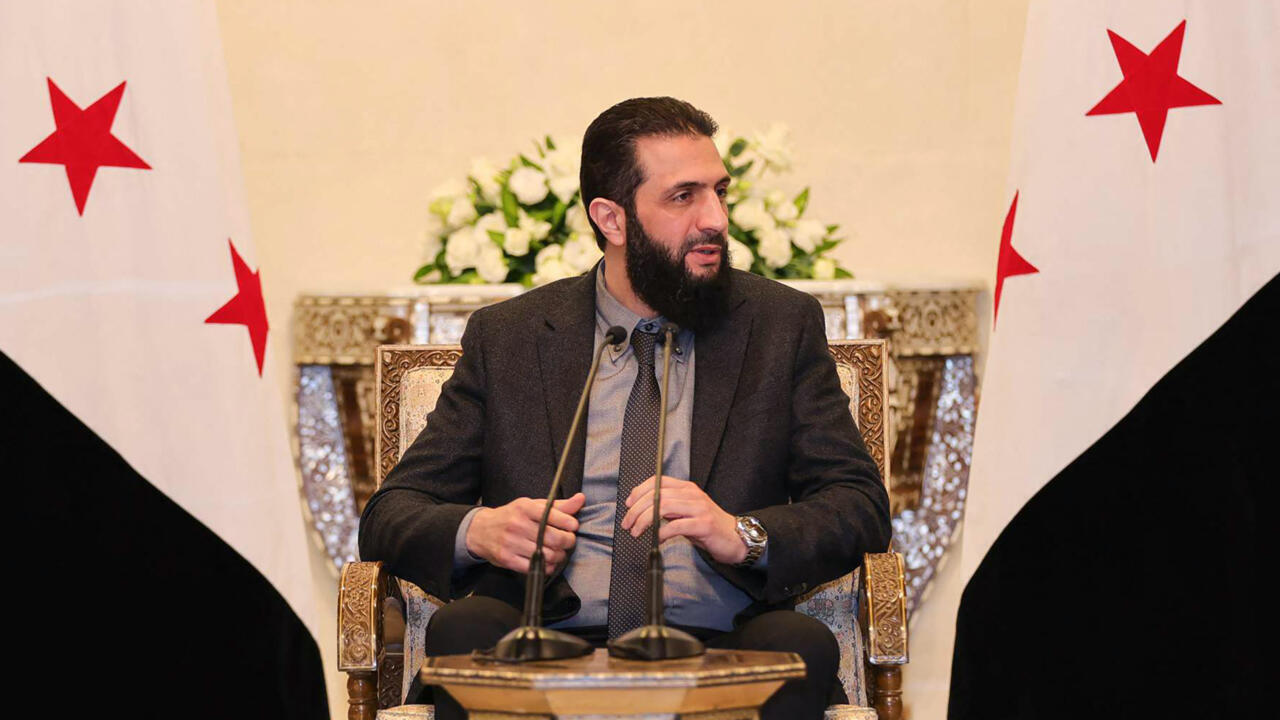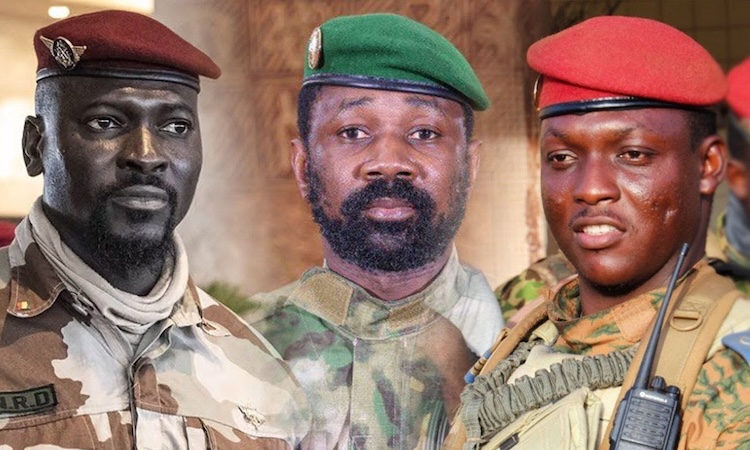With jihadists and their imperialist backers holed up in Syria’s northwestern Idlib province, there was a wave of media coverage in June as the Syrian Arab Army moved to liberate the area.
British and US diplomats and politicians along with the corporate media were keen to frame the story as being one of a civilian population under bombardment, with hospitals and so-called ‘de-confliction’ sites targeted by Russia. The reality, of course, was quite different, as the beleaguered people of the area were stuck with jihadists and occupying forces in their midst, who refused to withdraw as agreed.
On the ground
According to the western narrative, parts of Aleppo, Hama and Idlib are supposed to be protected from a massive ‘regime’ offensive by a buffer zone deal that Russia and Turkey signed in September.
French broadcaster News 24 reported that the Russian–Turkish buffer “was never fully implemented as jihadists refused to withdraw from a planned demilitarised zone.
“In January, jihadist group Hayat Tahrir al-Sham (HTS) – led by a former al-Qaeda affiliate – extended its administrative control over the region.
“The Syrian government and Russia have upped their bombardment of the region in Syria’s north-west since late April.
“‘Over the last six weeks, the conduct of hostilities has resulted in more than 230 civilian deaths, including 69 women and 81 children. Hundreds more have been injured,’ according to Mark Lowcock, the UN’s humanitarian chief, adding that an estimated 330,000 have been forced to flee their homes and move toward Turkey since early last month.” (‘Humanitarian disaster’ unfolding in Syria’s embattled Idlib, UN chief warns, France 24, 19 June 2019)
According to the Financial Times: “While the deconfliction list is meant to avoid civilian infrastructure being hit in bombing campaigns, activists are concerned that providing coordinates makes it easier for the regime to target hospitals. Mohamad Katoub, advocacy manager for the Syrian American Medical Society, also said that six hospitals whose coordinates had been shared were among those hit. He added that medics had been reluctant to send their coordinates but had eventually been persuaded.
“Russia’s defence ministry did not respond to a request for comment from the Financial Times on the air strikes and whether or not the hospitals were on a list shared with Moscow. Russian military reports confirmed a surge in fighting in May, which Moscow blames on militants. ‘We refuse to consider terrorists untouchable and will continue to fight them, despite the wailing of some of our partners,’ Vasily Nebenzya, Russia’s permanent UN representative, said this month. ‘We categorically reject accusations of violating international humanitarian law.’” (Syrian regime and Russian allies accused of targeting hospitals by Chloe Cornish, Asser Khattab and Henry Foy, 29 May 2019)
Turkey and Russia
According to Newsweek, Turkey asked Russia for assistance in mid-June, after a group of militants began shelling a Turkish observation outpost in the Syrian province of Idlib.
The move reflects the fact that control on the ground is in the hands of the Russians and Syrians, and that the initiative is not with the jihadists or their US backers. For many commentators it was significant that the call for help came as Turkey’s relationship with the USA and Nato was deteriorating and Ankara’s military cooperation with Russia was deepening.
“‘Given the lethal threat to its personnel, the Turkish command turned to the Russian centre for reconciliation of the opposing sides, requesting assistance in ensuring the security of its military and carrying out strikes against the terrorists’ positions,’ Russia’s ministry of defence said in a statement.
“Turkey and Russia have not always seen eye-to-eye in regards to Syria policy, but the relationship between the two countries appears to have been bolstered by Turkey’s controversial decision to purchase an S-400 missile defence system from Russia. The US and Turkey’s Nato allies have consistently argued that the system is incompatible with Nato weapons systems. The US has threatened to stop selling F-35 fighter jets to Turkey in response to the sale, and it is possible that Turkey could be subject to sanctions for having purchased Russian military equipment.
“‘As soon as Russia is ready to deliver them to us, we will be ready to accept them,’ Turkish foreign minister Mevlut Cavusoglu told reporters about the missile defence system during a press conference late last month.” (Turkey turns to Russia and not US or Nato for help in Syria by Cristina Maza, Newsweek, 13 June 2019)
Responding to questions from the Tass news agency, US officials were reported to be looking at ways of ‘minimising’ the consequences of Turkey’s dropping out of the deal at the last minute – a deal which the US has consistently threatened Turkey over completing.
According to Tass: “The USA is ready to discuss the ways to minimise any consequences that may potentially ensue from Turkey’s exit from the S-400 deal with Russia, a senior US administration official informed Tass on Wednesday, commenting on Bloomberg’s report on Washington considering three packages of sanctions against Turkey in case it acquires the S-400 missile defence systems.
“‘Turkey’s planned acquisition of the Russian S-400 air defence system will have severe consequences on the US relationship with Turkey. It is the strong desire of the United States to forego these steps, but it requires a willingness by Turkey to engage in a meaningful way about cancelling the S-400 purchase. The United States stands ready to discuss how to minimise any consequences that may ensue from such cancellation,’ she stated.
“‘The United States has gone to great lengths to warn Turkey that acquisition of the Russian S-400 system is unacceptable and could trigger the Countering America’s Adversaries Through Sanctions Act (CAATSA). In January 2019, the United States made our strongest possible offer on the Patriot air and missile defence system, a viable alternative to the S-400,’ the official noted.
“The US official deemed the S-400 system ‘a Russian intelligence-gathering platform that risks the safety of our [US] aircraft and pilots’. ‘Should Turkey procure the S-400, its continued participation in the F-35 [fighter jet] programme will not be possible,’ she stressed.
“The senior administration official admitted that Washington’s measures in response to Turkey’s acquisition of S-400 would not be beneficial to the USA. ‘The steps we will be forced to take should Turkey acquire the S-400 will be painful and expensive for the United States, but we cannot endanger our people,’ she said.
“According to the Bloomberg agency, the USA is considering introducing sanctions against several companies in Turkey’s military-industrial complex. These restrictions may be applied in July, the agency reported.” (US ready to discuss minimising consequences of Turkey’s cancellation of S-400 deal, 19 June 2019)
What Russian deal then?
With the end in sight in Syria, the race seems to be on to take the initiative in any political deal, with the US and Britain falling behind as the policy pursued by Russia gathers momentum. On 19 June, US media were reporting:
“Russia has secured the support of two more regional allies in its efforts to end the eight-year civil war in Syria as the United States’ own approach has increasingly come under scrutiny.
“Speaking Wednesday to the state-run Tass Russian news agency, Russian special envoy to Syria Alexander Lavrentyev described recent talks with Lebanon and Iraq as having ‘been held in a benevolent and friendly atmosphere’. He said that both countries ‘commend the efforts made by Russia in recent years to maintain the unity of Syria, their neighbour country’ and ‘have reaffirmed their interest in the continued Russian efforts on Syrian regulation’.
“‘The attitude of both countries’ leadership regarding Russia is very positive. At the same time, as it was stated during the talks, both Beirut and Baghdad want to maintain their partnership with the USA and the west, without undermining their relations with Russia,’ Lavrentyev added.
“Furthermore, he revealed that leaders from both Arab countries bordering Syria ‘stated that they would send representative delegations to Kazakhstan’s capital, where an international meeting on Syria will be held in late July’. The news was confirmed in separate readouts released by the Iraqi and Lebanese governments.
“Lebanese president Michel Aoun ‘thanked Russian president Vladimir Putin for his interest in Lebanon’ and noted that Beirut’s participation did not preclude independent talks with Damascus in resettling over a million Syrian refugees currently in Lebanon, according to his office. Meanwhile, Iraqi prime minister Adil Abdul-Mahdi ‘expressed his thanks and appreciation for the positions of President Putin in support of Iraq and his pride in the development of relations and satisfaction of the common desire to expand them in all fields’, as cited by his own office.” (Russia gets two more allies in its plan for Syria as US strategy increasingly questioned by Tom O’Connor, Newsweek, 19 June 2019)
Such a situation leaves US imperialism increasingly isolated, leading to desperate pleas at the United Nations by British and US diplomats. The British side now complains that the bombing of terrorist forces can only lead to a stalemate; that there is no military advantage to the Russian and Syrian forces in clearing Idlib, and that no military solution could possibly exist.
Ambassador Karen Pierce, Britain’s permanent representative to the UN, whined at the security council: “As the under-secretary general said, the damage that is being done to Idlib and its civilians far outstrips any degradation or necessity in respect of terrorist forces like HTS, and I think she referred to a pointless stalemate and that’s exactly what it is, Mr President.
“People are being killed but no advantage is being gained at all, militarily. And other speakers have drawn attention to the fact that there is no military solution. I agree very much with my American colleague on that.” (Syria: a situation that is accelerating and it’s exponential, statement by Ambassador Karen Pierce, 20 June 2019)
The progress made by the Syrian Arab Army (SAA) and its Russian ally brought one journalist to ask President Putin whether there would be a ‘grand deal’ with the US on Syria as the country begins to recover from hostilities and an end seems in sight.
President Putin replied: “What do you mean ‘a grand deal’? Sounds like some commercial act. No. We don’t sell out our allies, our interests or our principles.”
He said that Russia is willing to negotiate a political transition in Syria with various stakeholders. “Can it be done? I believe it can, provided there is the goodwill of everyone involved in the conflict.” (We won’t sell out our allies or principles to strike Syria deal with US, says Putin, RT, 20 June 2019)














